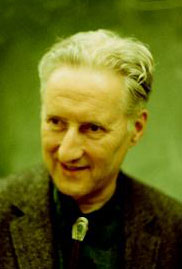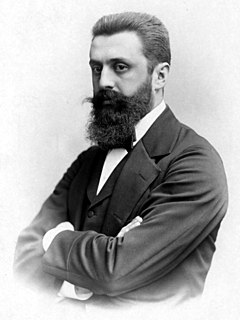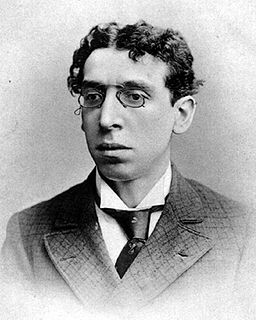A Quote by Paracelsus
All arts lie in man, though not all are apparent. Awakening brings them out. To be taught is nothing; everything is in man waiting to be awakened.
Related Quotes
Self-observation brings man to the realization of the necessity of self-change. And in observing himself a man notices that self-observation itself brings about certain changes in his inner processes. He begins to understand that self-observation is an instrument of self-change, a means of awakening.
In Utopia, where every man has a right to everything, they all know that if care is taken to keep the public stores full, no private man can want anything; for among them there is no unequal distribution, so that no man is poor, none in necessity; and though no man has anything, yet they are all rich; for what can make a man so rich as to lead a serene and cheerful life, free from anxieties.
If you confine yourself to this Skinnerian technique, you study nothing but the learning apparatus and you leave out everything that is different in octopi, crustaceans, insects and vertebrates. In other words, you leave out everything that makes a pigeon a pigeon, a rat a rat, a man a man, and, above all, a healthy man healthy and a sick man sick.
There is (gentle reader) nothing (the works of God only set apart) which so much beautifies and adorns the soul and mind of man as does knowledge of the good arts and sciences . Many arts there are which beautify the mind of man; but of all none do more garnish and beautify it than those arts which are called mathematical , unto the knowledge of which no man can attain, without perfect knowledge and instruction of the principles, grounds, and Elements of Geometry.
We are left with nothing but death, the irreducible fact of our own mortality. Death after a long illness we can accept with resignation. Even accidental death we can ascribe to fate. But for a man to die of no apparent cause, for a man to die simply because he is a man, brings us so close to the invisible boundary between life and death that we no longer know which side we are on. Life becomes death, and it is as if this death has owned this life all along. Death without warning. Which is to say: life stops. And it can stop at any moment.
Great are the stars, and man is of no account to them. But man is a fair spirit, whom a star conceived and a star kills. He is greater than those bright blind companies. For though in them there is incalculable potentiality, in him there is achievement, small, but actual. Too soon, seemingly, he comes to his end. But when he is done he will not be nothing, not as though he had never been; for he is eternally a beauty in the eternal form of things.
When someone tells a man to be a man, they mean that there is a way to be a man. A man is not just a thing to be-it is also a way to be, a path to follow and a way to walk. Some try to make manhood mean everything. Others believe that it means nothing at all. Being good at being a man can't mean everything, and it has always meant something.
The starry heaven, though it occurs so very frequently to our view, never fails to excite an idea of grandeur. This cannot be owing to the stars themselves, separately considered. The number is certainly the cause. The apparent disorder augments the grandeur, for the appearance of care is highly contrary to our ideas of magnificence. Besides, the stars lie in such apparent confusion, as makes it impossible on ordinary occasions to reckon them. This gives them the advantage of a sort of infinity.
I was a guest at CalArts. John Baldessari invited me out a few times. I've been there. I've been in Pasadena, taught out at Boulder, University of Colorado. And I've taught in Europe. I've lectured and taught. I've taught at the École des Beaux-Arts in Nigne [sp]. I was there for a couple of weeks, I was there. I've taught all over - in Switzerland, Germany.
I told myself: 'I am surrounded by unknown things.' I imagined man without ears, suspecting the existence of sound as we suspect so many hidden mysteries, man noting acoustic phenomena whose nature and provenance he cannot determine. And I grew afraid of everything around me – afraid of the air, afraid of the night. From the moment we can know almost nothing, and from the moment that everything is limitless, what remains? Does emptiness actually not exist? What does exist in this apparent emptiness?





































